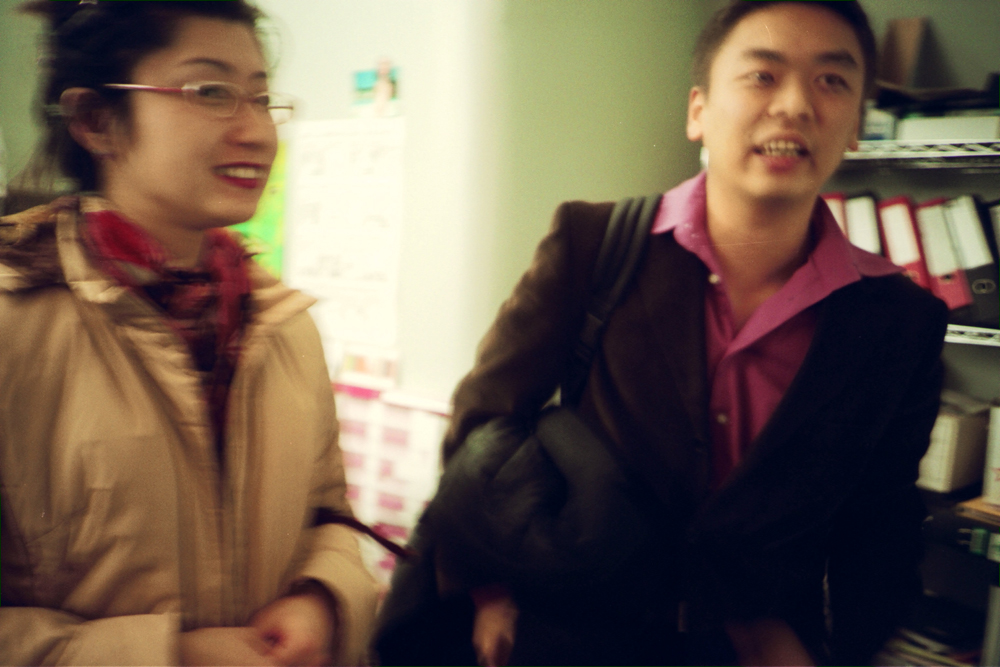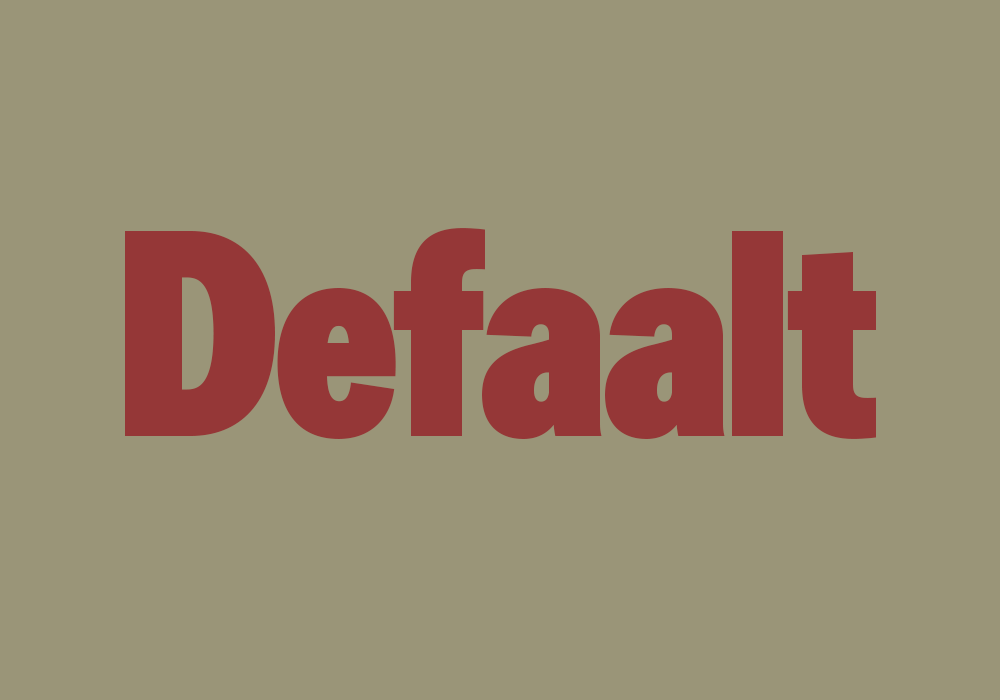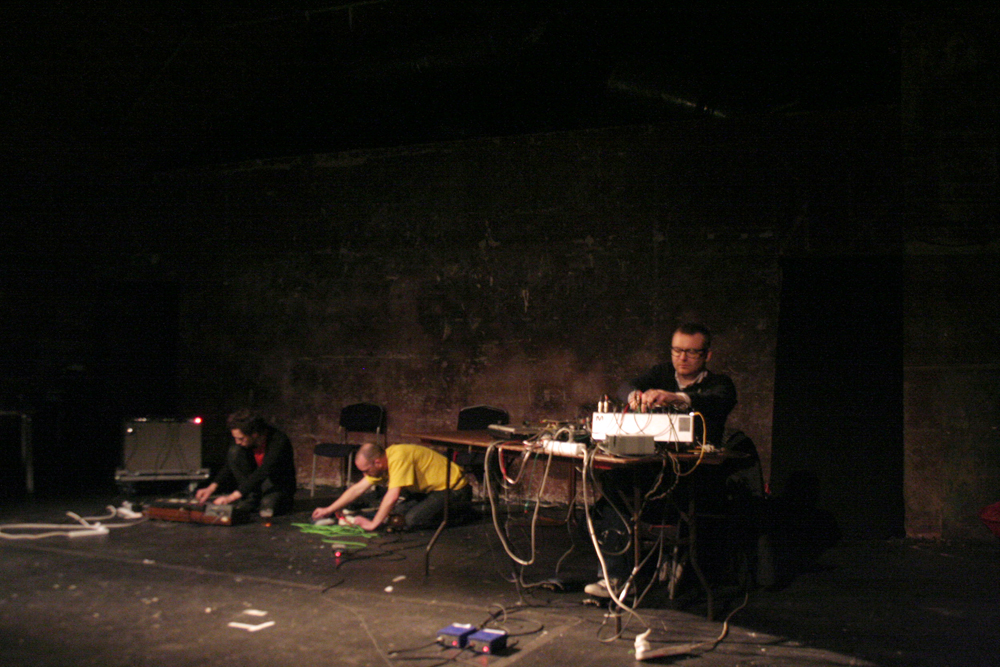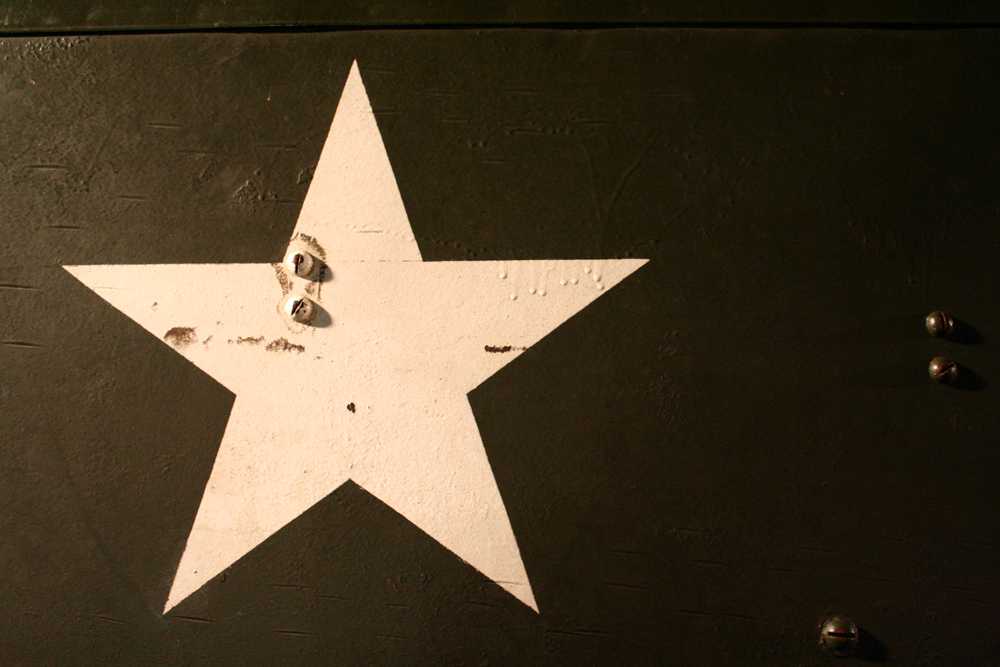Sean Meehan & Taku Unami
Sean Meehan Taku Unami
Sean and Taku share an interest in structure, space and time. A spartan, abstract, considered and surprisingly musical set.
Arika have been creating events since 2001. The Archive is space to share the documentation of our work, over 600 events from the past 20 years. Browse the archive by event, artists and collections, explore using theme pairs, or use the index for a comprehensive overview.
Sean and Taku share an interest in structure, space and time. A spartan, abstract, considered and surprisingly musical set.

Inspired by the supernatural horror of H. P. Lovecraft, black metal and a sense of worry as to what constitutes an object, or a world.

William cradles, hammers, and rains down blows, plucking and using 2 bows to attack the strings above and below the bridge, all in the service of a fiery and passionate creativity.

Work for cello, percussion, contra bassoon and cherbulum commissioned for Instal in collaboration with Paragon

An open collaborative workshop space in which games, warm-up sessions, exercises and scenes are potentially the same thing, through which to project your own concerns onto the stage.

Glasgow based artist Defaalt invites the audience to collaborate fully in his performance by means of a generative graphical interface.

No Wave, damaged garage jams and crazed instant vocal shrieks.
Miniscule free-noise hissy-fits and broken instrument scrape/ squeal jams from the fools what brought you Giant Tank.

Droner responsible for Fordell Research Unit, Muscletusk’s murk manipulator and Metzian concrete-mixer cement international relations and yr heids.

The program of composed music including Feldman’s Instruments III, Ligeti’s piece for 100 Metronomes Poeme Sympathetique, and Rebonds B by Iannis Xenakis.

Akio Suzuki and John Butcher performing in an abandoned oil tanker on Hoy.

Ray and Thomas talking about how cognitive neuroscience is unlocking the physical basis of personal experience.